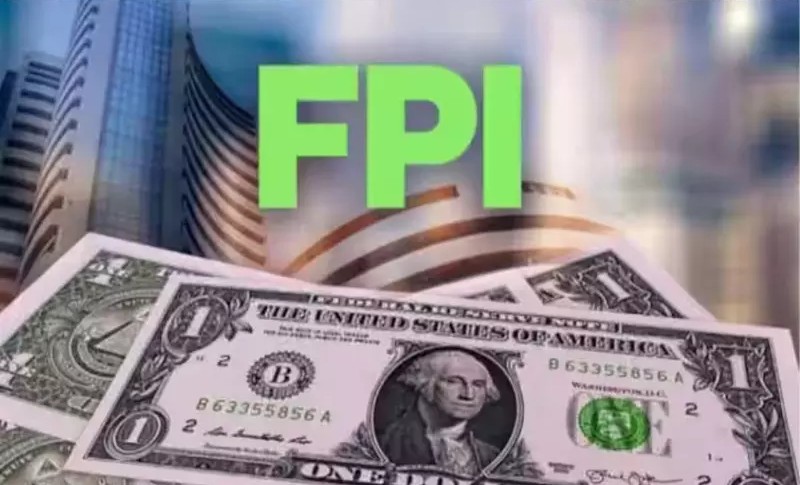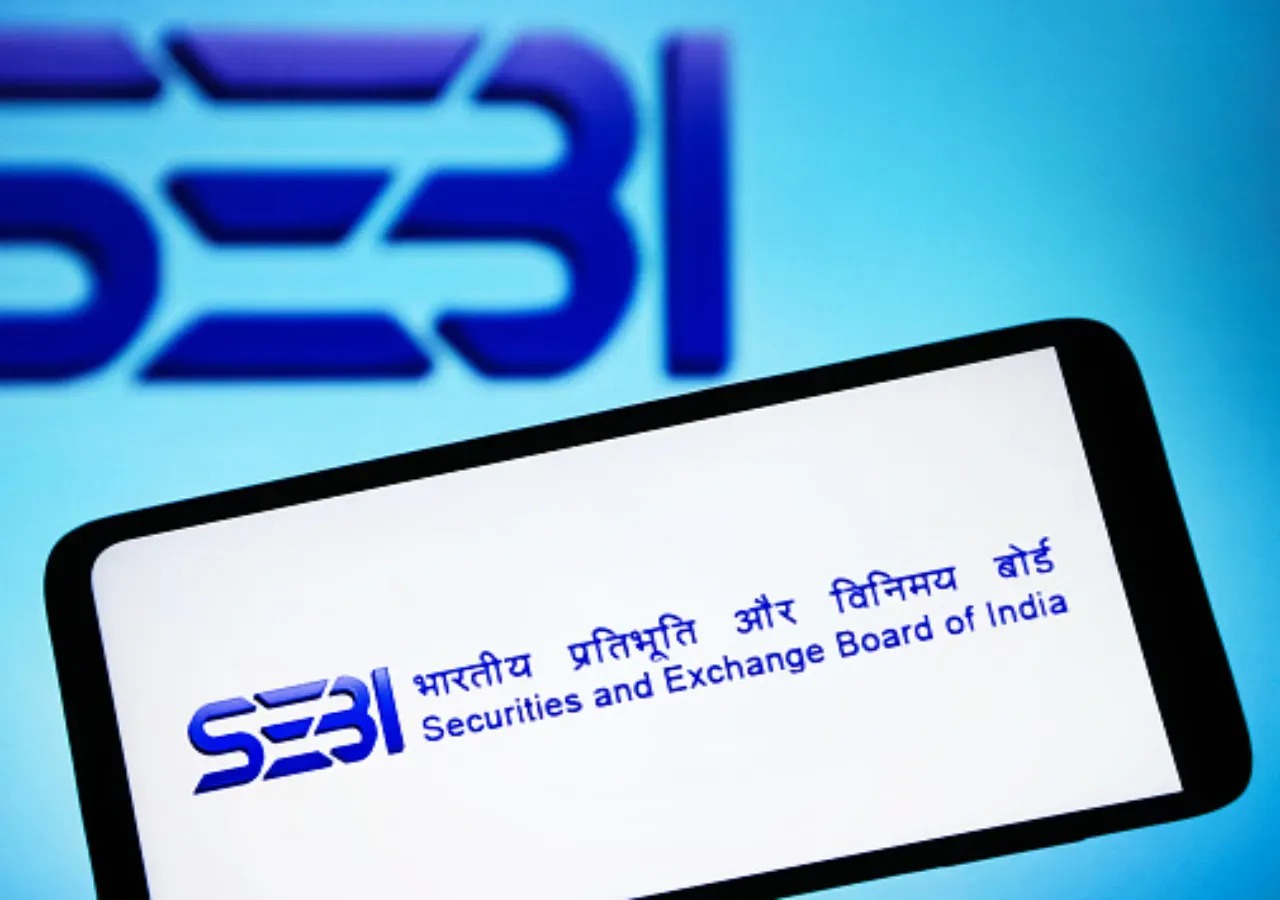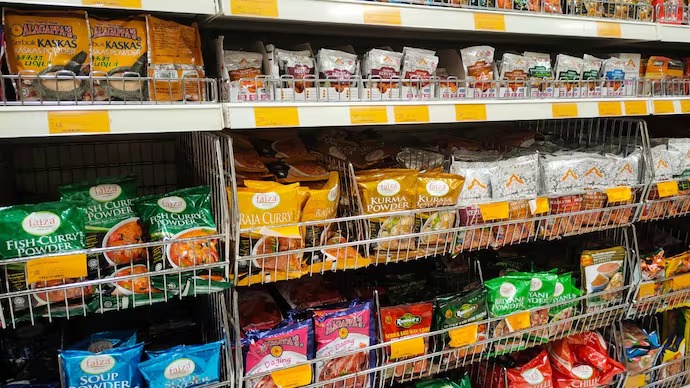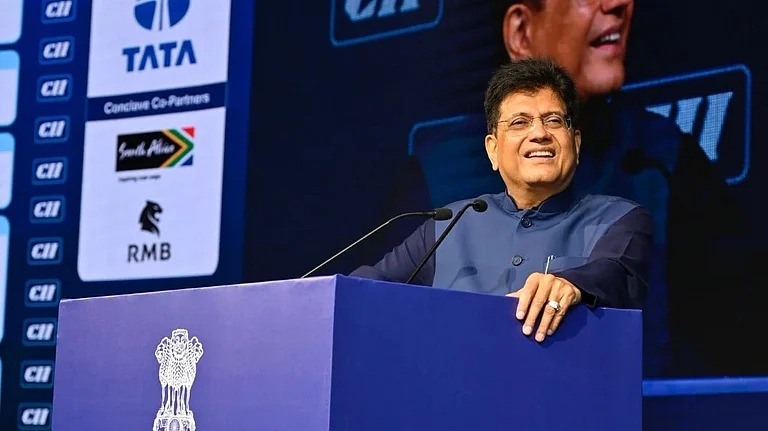
Follow WOWNEWS 24x7 on:
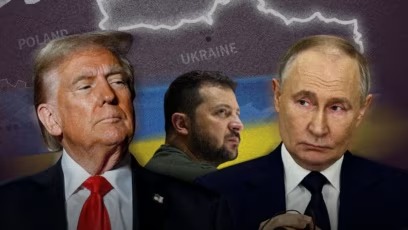
As diplomatic tensions mount over the Russia-Ukraine war, a high-stakes political drama is unfolding between Washington, Moscow, and Kyiv. Former US President Donald Trump, now back in office, has cast doubt on the feasibility of a direct meeting between Russian President Vladimir Putin and Ukrainian President Volodymyr Zelensky. Meanwhile, French President Emmanuel Macron has publicly warned that Putin may be manipulating Trump, raising alarms across Europe about the sincerity of Russia’s intentions.
Here’s a detailed breakdown of the latest developments and what they mean for the fragile path to peace.
1. Trump-Zelensky Meeting: A Softer Tone, But No Clear Roadmap
- On August 18, Trump hosted Zelensky at the White House, joined by a coalition of European leaders including Macron, UK Prime Minister Keir Starmer, German Chancellor Friedrich Merz, and NATO Secretary-General Mark Rutte
- The meeting marked a stark contrast to their February encounter, which ended in acrimony. This time, Trump was notably more cordial, and Zelensky described it as their best meeting yet
- Zelensky reiterated his willingness to meet Putin directly to negotiate an end to the war, a sentiment echoed by European leaders who backed the idea of a trilateral summit involving Trump, Putin, and Zelensky
- Despite the optimism, Trump stopped short of committing to such a summit, warning of unspecified consequences if Putin fails to engage
2. Macron’s Warning: Is Trump Being Played?
- Macron, speaking after the White House summit, expressed concern that Putin may be stringing Trump along
- He stated that if Putin does not agree to meet Zelensky by the Monday deadline set by Trump, it would prove the Russian leader is once again playing the US president
- Macron also threatened new sanctions against Russia if diplomatic efforts stall, signaling France’s growing impatience with Moscow’s tactics
- German Chancellor Merz echoed Macron’s skepticism, saying he had no illusions about Putin’s readiness to negotiate
3. European Unity: A Strategic Show of Force
- The presence of top European leaders at the White House was a calculated move to present a united front
- Their goal was twofold: to support Zelensky and to influence Trump’s stance before any potential deal with Putin
- European Commission President Ursula von der Leyen and Italian Premier Giorgia Meloni emphasized the need for NATO-like security guarantees for Ukraine
- Trump’s team floated the idea of robust security assurances, though details remain vague and Putin remains opposed to Ukraine joining NATO
4. Putin’s Position: Open to Talks, But With Strings Attached
- The Kremlin has signaled openness to direct talks with Ukraine, but insists on territorial concessions, particularly in the Donbas region
- Zelensky has repeatedly refused to cede territory, though he hinted at flexibility during the trilateral summit discussions
- Putin’s recent military actions, including deadly drone and missile strikes on Kyiv, have further strained trust and cast doubt on his intentions
5. US Strategy: Peace or Pressure?
- Trump’s administration is walking a tightrope between pushing for a peace deal and maintaining pressure on Russia
- Secretary of State Marco Rubio stated that a ceasefire is possible, but a full peace agreement would require painful compromises from both sides
- Trump’s envoy to Russia, Steve Witkoff, claimed that the US and Russia had agreed on security guarantees for Ukraine, though the specifics remain unclear
6. What’s Next: A Summit or a Stalemate?
- The idea of a trilateral summit involving Trump, Putin, and Zelensky remains on the table, but its timing and structure are uncertain
- Macron and Merz plan to hold further talks with Trump over the weekend to push for clarity
- European leaders are scheduled to reconvene via video call to assess the outcomes and strategize next steps
The geopolitical chessboard is in motion, but the pieces are far from aligned. With Macron sounding the alarm and Trump hedging his bets, the coming days will be critical in determining whether diplomacy can prevail—or whether Putin’s playbook continues to dominate the narrative.
Sources: Livemint, Financial Express, MSN, Newsweek, Daily Mail, Vanguard News, Wikipedia
